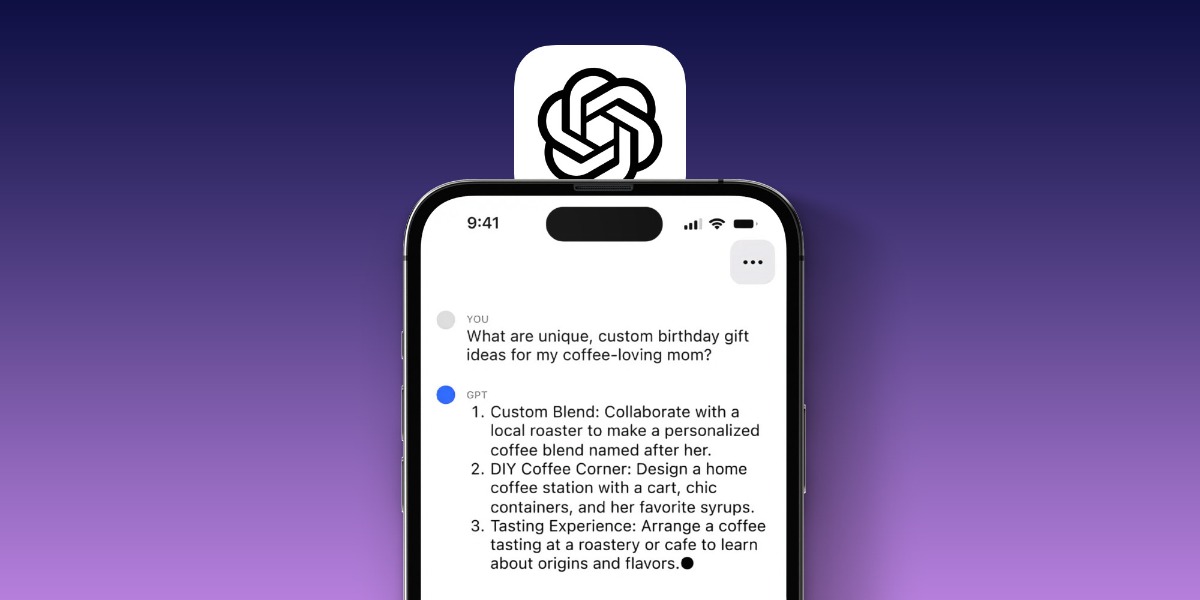As businesses increasingly turn to artificial intelligence (AI) tools like ChatGPT to save time and money, some are finding themselves paying professionals to fix problems caused by AI-generated work.
Sarah Skidd, a product marketing manager from Arizona, recently spent 20 hours rewriting website content created by AI for a hospitality client. “The copy was basic, vanilla, and not interesting,” she said. Instead of small edits, she had to redo the entire text, charging $100 an hour for her work.
Skidd is not alone. Many writers now spend much of their time correcting AI-generated content that falls short of quality or brand needs. She says, “Someone connected with me said 90% of their work right now is fixing AI copy.”
Meanwhile, Sophie Warner, co-owner of a UK-based digital marketing agency, reports an increase in clients who try using AI for coding or website fixes, only to create bigger problems. One client’s attempt to update an event page with ChatGPT’s help resulted in website downtime and a £360 loss.
“Clients go to ChatGPT first, but sometimes it leads to faulty code and security issues,” Warner explains. Her agency often charges fees to investigate and fix these mistakes.
Experts warn that while AI can be a powerful tool, it often produces errors or “hallucinates” content—generating irrelevant or made-up information. Prof Feng Li from Bayes Business School emphasizes the need for human oversight to avoid costly mistakes and reputational damage.
Copywriter Kashish Barot from India also edits AI content to make it sound more natural. She notes that clients often expect AI work to be instant, but quality writing and editing still require thoughtful human effort.
OpenAI, creator of ChatGPT, acknowledges that results vary based on the model used and how well users craft their prompts.
Warner sums up the current view: “AI can be helpful, but it cannot replace human expertise, especially when it comes to unique brand identity and effective communication.”













